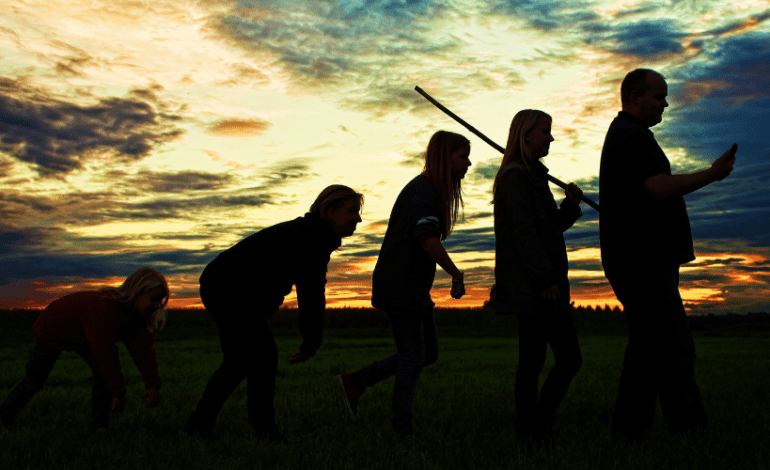The COVID-19 pandemic was brutal for many individuals and sometimes impossible for those struggling with mental health disorders or addiction. New mental health diagnoses skyrocketed, mental health emergency visits increased, suicide rates, including attempts and deaths, rose, and overdoses cost thousands of lives during this pandemic. Unfortunately, there were and are not enough mental health resources to go around, especially emergency resources such as hotline responders, mobile crisis units, and law enforcement agents trained in mental health crises.
Who do you call for a mental health emergency?
If you have an emergency in the United States, everyone knows to dial 911 whether you are experiencing a heart attack, a drug overdose, or a mental health crisis. Unfortunately, 911 is geared towards medical emergencies and not mental health emergencies. Still, for decades, individuals struggling with a mental health crisis were lumped in with individuals experiencing medical emergencies. Thankfully a mental health emergency number is going live in July after years of legislation.
988 is the new 911 for mental health crises
988 is the new 911 for mental health emergencies. It piggybacks on the National Suicide Prevention Lifeline but with a broader directive: to provide around-the-clock phone or text support for anyone experiencing a mental health crisis, including suicidal ideations. This number is a three-digit national mental health crisis hotline that the federal government enacted in October 2020, with an official nationwide start date of July 16, 2022.
Before this hotline, individuals experiencing a mental health crisis had the option of calling 911 or the police. Unfortunately, both options resulted in law enforcement officers coming to the house, handcuffed, and riding in the back of a police car to a facility where the individual can be assessed for their mental health state. In other words, individuals were criminalized for asking for help when in a mental health crisis.
Rather than dealing with law enforcement who are often not trained in mental health crises, individuals and their families can call the 988 mental health crisis line and access support without involving law enforcement. This mental health hotline can empower individuals and their loved ones to self-advocate for the appropriate level of mental health care while avoiding emergency room visits. Emergency room visits are usually not set up to treat mental health crises, and visits to the ER can often traumatize the individual. This new 988 hotline can allow individuals to initiate a psychiatric assessment and treatment sooner. Suppose an individual does call 911 while having a mental health crisis. In that case, 911 dispatchers will re-route calls to 988 when appropriate, allowing law enforcement officers to spend more time on their primary role of ensuring public safety. The 988 mental health number will help offer a middle option for individuals who need rapid linkage to mental health care, including immediate psychiatric evaluation and initiation of treatment, but do not yet meet the criteria for a mental health crisis.
According to research, millions of 911 calls involve a person experiencing an emergency related to a mental health or substance use disorder every year. Unfortunately, very few responding call centers have staff with behavioral health crisis training to inform how they navigate 911 calls and dispatch responses.
Overcoming the roadblocks
Unfortunately, there are still rough waters to navigate as many states do not have the infrastructure to run the new 988 response hotline as state funding is limited. In addition, around-the-clock mobile crisis services and clinicians who can respond within the hour to administer medications are lacking. As a result, if an after-hours 988 crisis call comes in, it may be re-routed to 911, which will involve law enforcement and emergency rooms. There are still many unknown questions and uncharted waters to navigate, and if this plan fails, it may result in public distrust of mental health emergency services. Thankfully there is still time for plans to be set in place. Hopefully, federal, state, and local governments can mobilize individuals living with mental health conditions, health care providers, community members, and law enforcement to inform the last stages of 988 planning and advocate for securing adequate funding for this critical program.




